Puccini Le Willis (1883); Ermonela Jaho, Arsen Soghomonyan, Brian Mulligan, London Philharmonic Orchestra, Sir Mark Elder; Opera Rara
Reviewed by Robert Hugill on 24 September 2019 Star rating: 4.0 (★★★★)
The first version of Puccini's first opera, rather different from its slightly better known revised form, reveals Puccini's remarkably precocious talent.
This disc from Opera Rara restores to the repertoire a valuable rarity, Puccini's first opera in its original version as Le Willis. Here recorded by Sir Mark Elder and the London Philharmonic Orchestra with Ermonela Jaho as Anna, Arsen Soghomonyan as Roberto and Brian Mulligan as Gulglielmo, with the Opera Rara chorus.
Puccini's first opera, if it is known at all, is best known as the two-act
Le Villi [you can hear the
two-act Le Villi on
Lorin Maazel's recording with Renata Scotto and Placido Domingo] which was published by Ricordi, but in fact the original version of that opera was a shorter, one-act piece. This had been written for Sonzogno's 1883 competition (the one that Mascagni would win with
Cavalleria Rusticana in 1889). Puccini was encouraged to enter the competition by his teacher, Ponchielli and it was Ponchielli who put him in contact with librettist Ferdinando Fontana.
It is Fontana who is key to the opera's rather distinctive form. Eight years older than Puccini and with around a dozen opera libretti to his credit, Fontana also had links to the older Scapiglatura movement (the shoeless ones), the consciously bohemian movement which sought to rejuvenate Italian culture. The young Arrigo Boito was a key member of the original movement, and in fact through Ponchielli the young Puccini would get to know a number of older members of the movement.
 |
Puccini: Le Willis - Arsen Soghomonyan, Ermonela Jaho, Sir Mark Elder, London Philharmonic Orchestra
at the Royal Festival Hall in November 2018 (Photo Russell Duncan) |
Fontana's writings on opera, quoted by Martin Deasy in his invaluable article in the CD booklet, include some, to us, slightly strange theorising which moves opera from the dramatic towards something rather more metaphysical with orchestral interludes with poems which would describe to the audience what was happening. And this is exactly what we have with
Le Willis, the sung drama consists of the opening scene, where Roberto (Arsen Soghomonyan) has to go off to Munich and his beloved Anna (Ermonela Jaho) has had a dream about him abandonning her, and the final scene where the Willis are summoned by Anna's father Guglielmo (Brian Mulligan) and they, including the ghost of Anna, torment Roberto to death in revenge. The more dramatic middle section, where Roberto is seduced by a courtesan in Munich and Anna, abandonned, dies, is covered by the symphonic interlude (a nine minute piece in the middle), and in the libretto Opera Rara prints Fontana's two poems which go with the music and describe what is happening.
Deasy's article also sheds light on the curious shenanigins surrounding Puccini's opera and the competition.











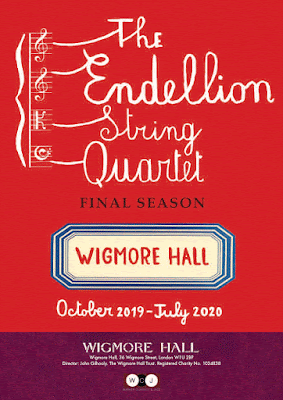




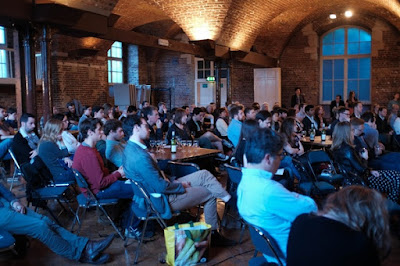






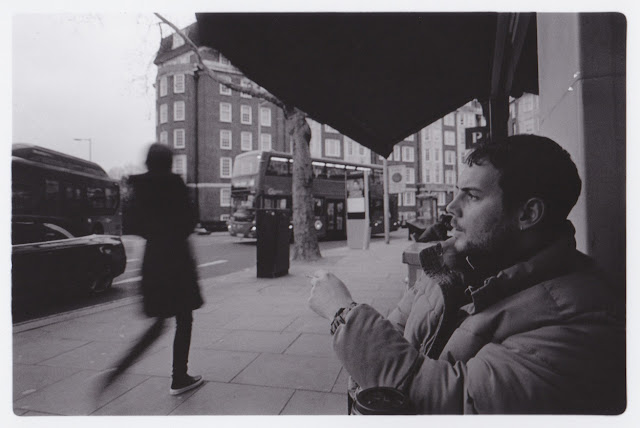






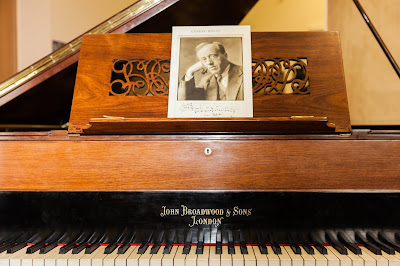



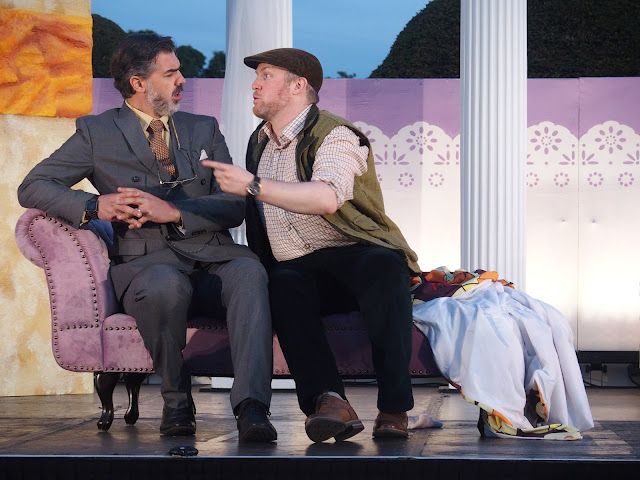

%20in%20The%20Merry%20Widow.%20Credit%20Mihaela%20Bodlovic.%20(2).jpg)

%20in%20Trial%20by%20Jury.%20Credit%20Mihaela%20Bodlovic..jpg)

.jpg)
%20Britten%20Pears%20Arts%20(1).jpg)


